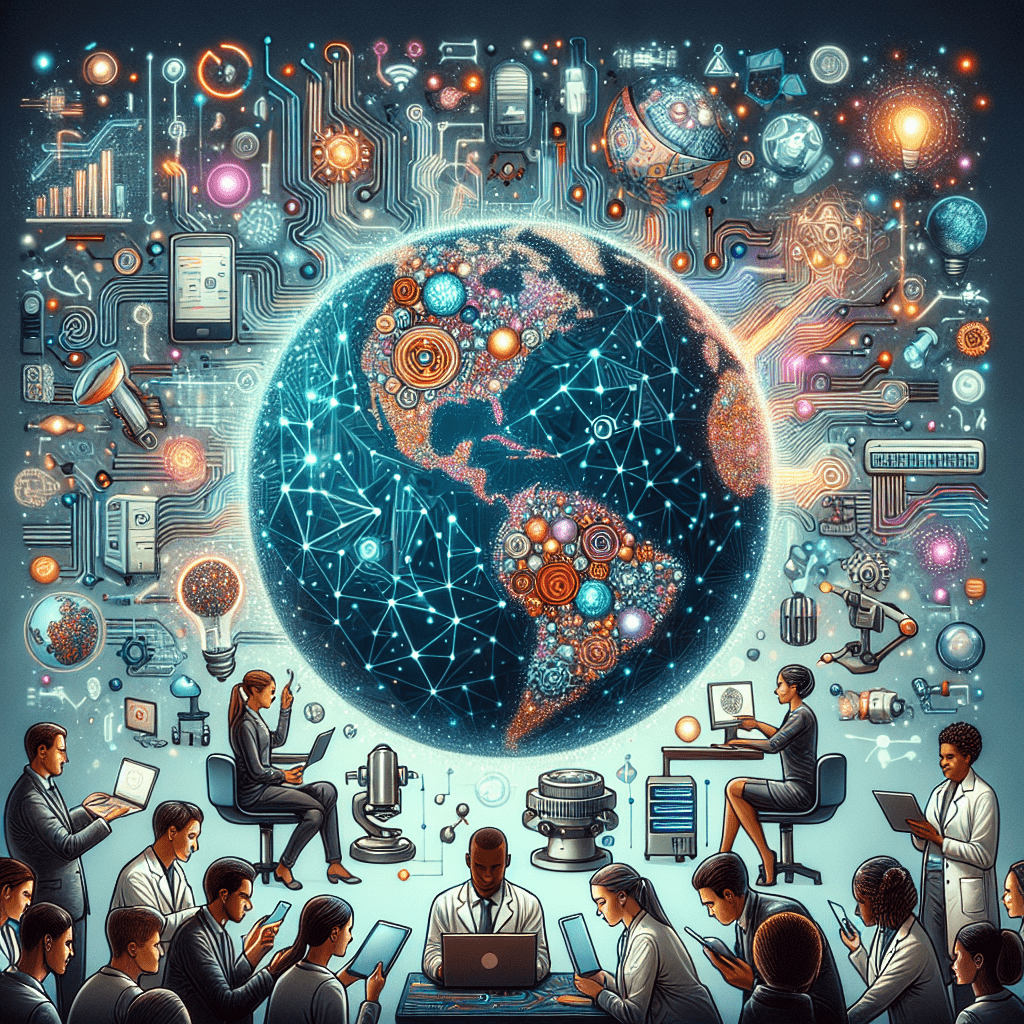Artificial intelligence (AI) is quickly becoming one of the most talked-about and transformative technologies of our time. From self-driving cars to virtual assistants like Siri and Alexa, AI is changing the way we live, work, and communicate. But as AI technology advances and becomes more integrated into society, it also carries with it a number of potential implications and challenges.
One of the most immediate impacts of AI is on the job market. As AI becomes more sophisticated, it has the potential to automate many routine jobs currently performed by humans. The fear is that this could lead to widespread job loss and economic disruption. However, proponents of AI argue that the technology will also create new job opportunities in areas such as programming, data analysis, and AI research.
Another area where AI is having a major impact is in healthcare. AI systems are being developed to assist doctors in diagnosing diseases, analyzing medical images, and even performing surgeries. This has the potential to improve patient outcomes and reduce healthcare costs. However, there are also concerns about the ethical implications of using AI in healthcare, such as data privacy and the potential for bias in algorithms.
AI is also changing the way we interact with technology. Virtual assistants like Siri and Alexa are becoming more sophisticated and personalized, making it easier for us to access information and control our devices with voice commands. AI is also being used to improve customer service, analyze consumer behavior, and personalize marketing campaigns.
However, as AI technology becomes more advanced and integrated into society, there are also concerns about its potential to be misused. For example, there are fears about the development of autonomous weapons systems that could be used to carry out military operations without human intervention. There are also concerns about the potential for AI to be used for surveillance and monitoring of individuals, raising questions about privacy and civil liberties.
In conclusion, the rise of artificial intelligence is shaping the way we live and work in profound ways. While the potential benefits of AI are clear, such as improved healthcare, more efficient communication, and increased productivity, there are also challenges and concerns that must be addressed. As society continues to grapple with the implications of AI, it will be important to strike a balance between harnessing the power of this technology for good and ensuring that it is used ethically and responsibly.


